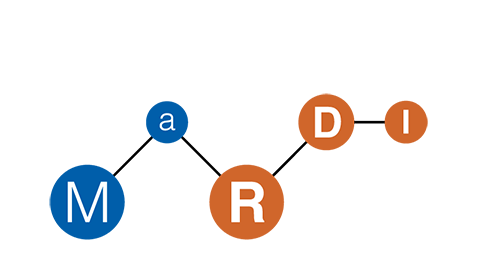I am a postdoc working at the RPTU Kaiserslautern-Landau in the Algebra, Geometry and Computer Algebra group. I got my PhD in 2020 at the Univeristy of Ulm under the supervision of Prof. Dr. Jeroen Sijsling. Before that I studied at the university of Utrecht and wrote my Master thesis under the supervision of Prof. Dr. Gunther Cornelissen.
As part of the MaRDI-project I am responsible for developing protocols and a kind of quality control for mathematical publications that contain software parts. For more on MaRDI and software reviewing, click here.
I will also help out with developing the arithmetic geometry side of Oscar.
.
My research has been in the area of computational arithmetic geometry I am mostly interested in studying curves and surfaces over number fields, covers of curves, families of curves, abelian varieties and developing algorithms to help us study these subjects.

It is important for the future of mathematics that results published in papers are verifiable. The peer-reviewing process of publications is a key component in ensuring that this happens. Unfortunately, if the publication contains a software component this often gets overlooked. The programming code is either not available online, outdated, dependant on code that doesn't exist anymore or not reproducible for any number of reasons.
My role in the MaRDI project is to combat this problem and set up a technical peer reviewing process that produces a report card that evaluates the software component of the code on a number of criteria such as for example: